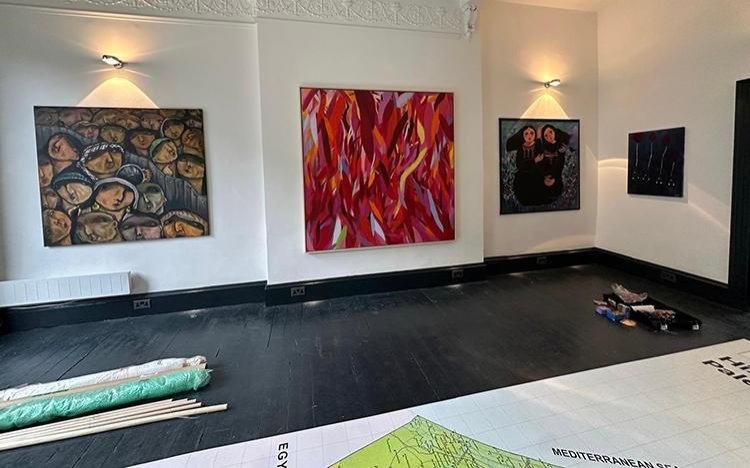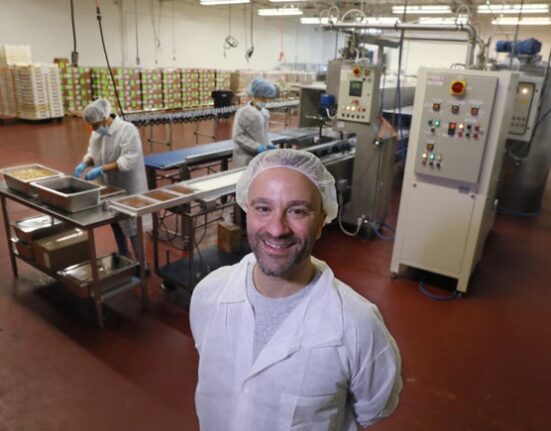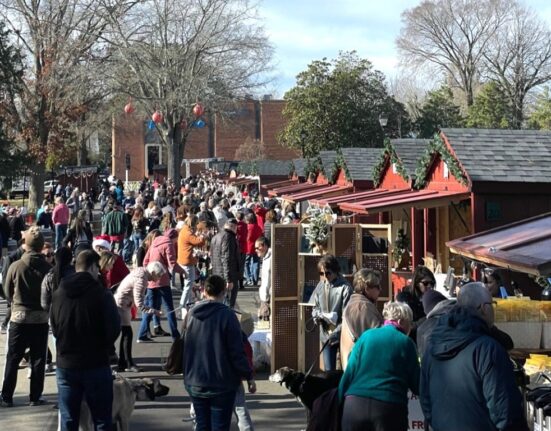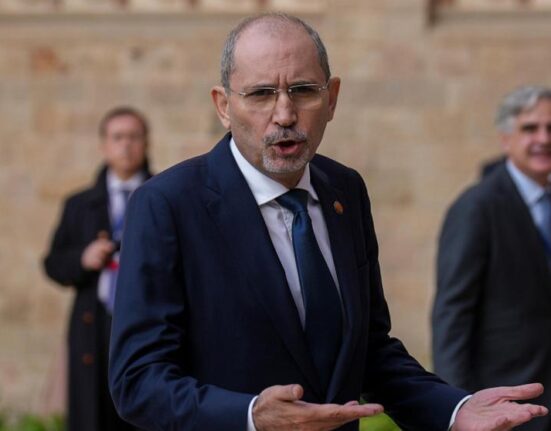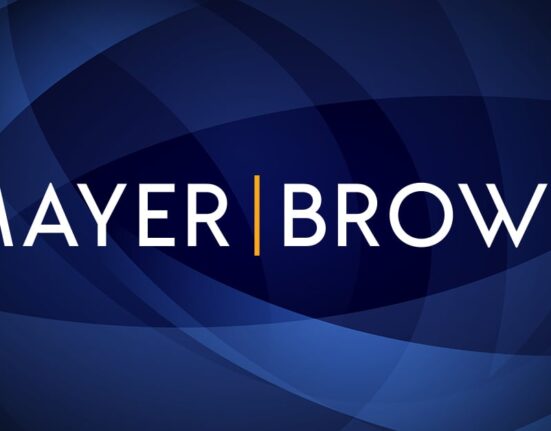Faisal Saleh, a Palestinian American entrepreneur and art curator, has announced the opening of Europe’s first museum dedicated to contemporary Palestinian art in Edinburgh, Scotland, on May 17. He described the museum as a bold response to the frequent cancellations of events related to Palestine in the West.
Saleh, who founded the Palestine Museum U.S. in Connecticut in 2018, spoke with Anadolu Agency (AA) about his motivations for opening the new museum in Edinburgh and its significance. He also discussed his recent efforts to transform the former Israeli Embassy in Dublin into a museum, although he noted that these initiatives have faced deliberate obstructions and a lack of transparency.
When Saleh created the Palestine Museum U.S. in 2018, he envisioned expanding it to other major cities around the world. Reflecting on the decision to open a branch in Edinburgh, he stated that the time for such an endeavor was right after seven years of growth. He expressed confidence that Edinburgh was the perfect location for this new project.
Saleh explained that the city’s vibrant artistic atmosphere and its well-known festivals made Edinburgh an ideal place for the museum to thrive. Additionally, the strong support for Palestine in Scotland, including numerous solidarity groups, activists and volunteers, played a crucial role in his decision to establish the museum there.
Beyond Edinburgh, Saleh revealed plans to open additional museums, including one in Chicago, and emphasized that the global expansion of the Palestine Museum is an ongoing effort.
Museum of art, memory
The museum will be Europe’s first institution dedicated to contemporary Palestinian art. Saleh acknowledged the significance of this achievement, describing it as a challenging accomplishment. The museum will feature a collection of paintings and sculptures, similar to those showcased at the U.S. museum, though on a smaller scale. Among the exhibits will be a bronze sculpture by Scottish artist Amanda Adler, depicting Dr. Hüsam Ebu Safiye, the director of Kamal Adwan Hospital, who was detained by Israeli forces.
Saleh also noted that the museum would display works from local Palestinian artists, including sculptures representing items and memories left behind by those forcibly displaced from Gaza. The keffiyeh, a traditional Palestinian symbol, will be prominently featured in the exhibits to represent Palestinian identity.
According to Saleh, the museum will serve as a form of resistance to the frequent censorship of Palestinian-related events in the West. The museum will maintain an open-door policy for Palestinian artists and will accept exhibitions that have been canceled elsewhere. He emphasized that, as long as no outside forces intervene, the museum would continue to hold exhibitions in accordance with U.K. laws.
Saleh believes that, like its counterpart in the U.S., this museum will play a vital role in sharing the Palestinian story through art with a global audience. He expressed hope that the museum will eventually become part of a larger network of art galleries dedicated to Palestinian culture.
Western media’s silence
Saleh also took the opportunity to criticize the portrayal of Palestinians in Western media, particularly regarding the situation in Gaza. He argued that the ongoing events in Gaza, which he described as genocide, have been normalized through biased media coverage. He pointed out that if similar events were happening in a European country, there would be widespread outrage and constant media coverage, but the suffering in Gaza is largely ignored.
He stressed that Western media has dehumanized Palestinians to the point where atrocities – such as the killing of Palestinians, the burning of children and the destruction of entire cities – have become accepted as normal. He lamented that many people continue to watch these events unfold without taking action, attributing this passivity to the media’s portrayal of Palestinians as less than human.
Global call for action
Saleh highlighted the stark contrast between the comfortable lives of people in major Western cities and the harsh conditions in Gaza, where 2.2 million people face starvation, having gone 65 days without humanitarian aid. He condemned the international community’s indifference to the suffering taking place in Gaza, noting that billions of people are watching in silence.
As the opening of the new museum draws near, Saleh remains determined to continue amplifying the voices of Palestinian artists and sharing their stories with the world.

